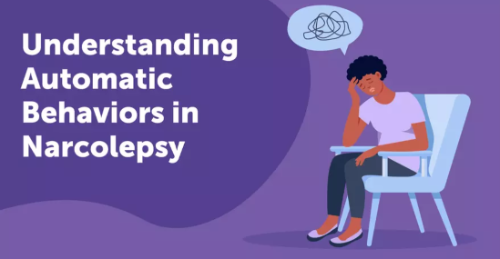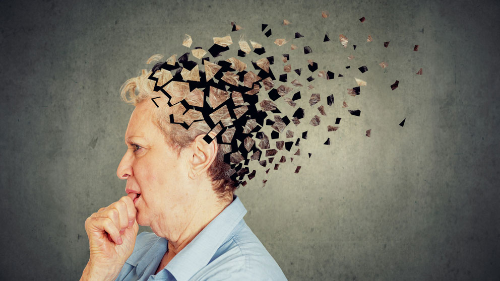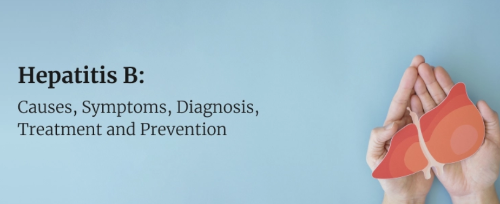Related searches

Narcolepsy Symptoms And Treatment
Narcolepsy symptoms can vary in severity, but they often include excessive daytime sleepiness, cataplexy (sudden muscle weakness), sleep paralysis, and hallucinations. For those experiencing these disruptive symptoms, understanding available treatments is crucial. Treatment for narcolepsy often involves a combination of medications, lifestyle adjustments, and sleep management strategies. Early diagnosis and intervention can significantly improve the quality of life for those with narcolepsy.
Prescription Narcolepsy Treatments
The most common approach to treating narcolepsy involves prescription medications designed to manage excessive sleepiness and prevent sleep attacks. Stimulants like modafinil and armodafinil are often prescribed to promote wakefulness during the day, while sodium oxybate is used to reduce cataplexy and improve nighttime sleep. Each of these medications targets specific symptoms, offering relief for individuals who struggle with managing their condition.
Narcolepsy EDS Medication
Excessive daytime sleepiness (EDS) is one of the most debilitating symptoms of narcolepsy. Fortunately, there are effective EDS medications that help reduce drowsiness and promote alertness throughout the day. Stimulant medications such as amphetamines and newer non-stimulant options like pitolisant can offer significant improvements in wakefulness. These medications allow individuals to maintain better focus and productivity, helping them to lead more normal, active lives.
Narcolepsy Treatment Options
There is no one-size-fits-all solution for narcolepsy, but a variety of treatment options are available. Medications are typically the cornerstone of treatment, but lifestyle changes also play a key role in managing symptoms. Regular sleep schedules, short daytime naps, and avoiding caffeine and alcohol can help minimize daytime sleepiness. In some cases, cognitive behavioral therapy (CBT) may be recommended to help individuals cope with the emotional and psychological challenges of living with narcolepsy.
Best Medication For Narcolepsy
Choosing the best medication for narcolepsy depends on an individual’s specific symptoms and medical history. Stimulants like modafinil and amphetamines are highly effective for treating daytime sleepiness, while sodium oxybate is commonly used to treat both cataplexy and EDS. Some patients may also benefit from antidepressants to help reduce the occurrence of cataplexy and sleep paralysis. Working closely with a healthcare provider can ensure the right medication regimen is found for each individual case.
Managing Narcolepsy Symptoms
Managing narcolepsy symptoms requires a comprehensive approach. While medications can address the physical aspects of narcolepsy, lifestyle changes are essential for improving overall well-being. Establishing a consistent sleep routine, incorporating short naps into the day, and staying mindful of triggers like stress and lack of sleep can all help minimize the impact of the disorder. Additionally, joining a support group or therapy can provide emotional support for those coping with the challenges of narcolepsy.
In conclusion, while narcolepsy can be a life-altering condition, modern treatments and medications offer hope. With the right combination of medical intervention and lifestyle changes, those living with narcolepsy can manage their symptoms effectively and live full, productive lives.
 Understanding Alzheimer's: Navigating the Landscape of Memory Loss
Understanding Alzheimer's: Navigating the Landscape of Memory Loss Understanding Hepatitis: Symptoms, Treatment, and Prevention
Understanding Hepatitis: Symptoms, Treatment, and Prevention Pharmaceutical Equipment: Essential Machines for Modern Drug Manufacturing
Pharmaceutical Equipment: Essential Machines for Modern Drug Manufacturing Leading the Fight: Exploring Top Cancer Research and Breakthroughs in 2024
Leading the Fight: Exploring Top Cancer Research and Breakthroughs in 2024 Join the Excitement: Volunteer for the 2024 Paris Olympics
Join the Excitement: Volunteer for the 2024 Paris Olympics



